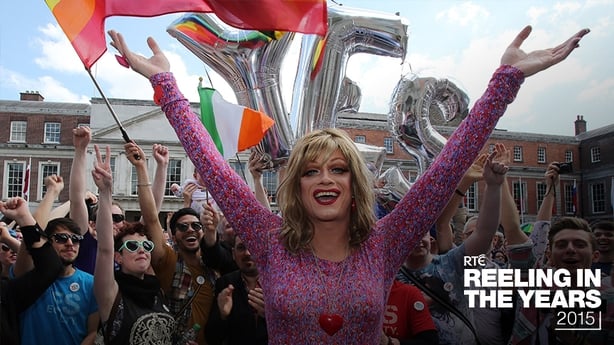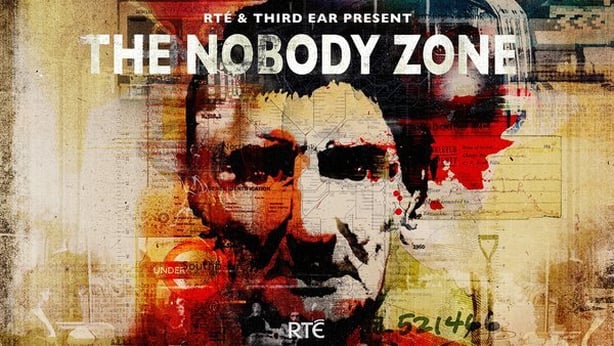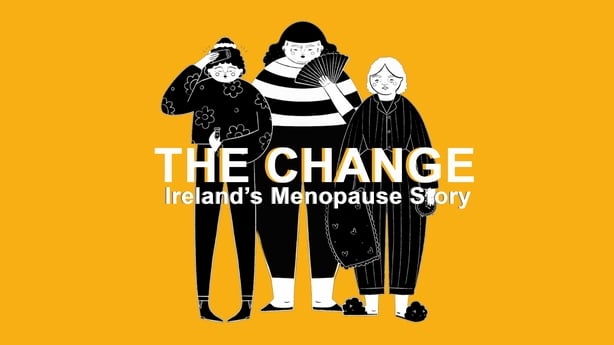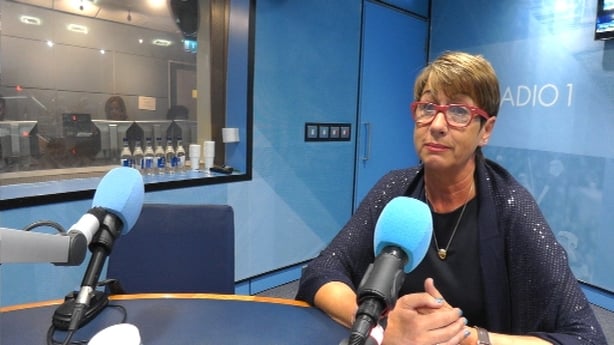In late 2020 and early 2021, I had the privilege of working with producer John O'Regan on the latest series of Reeling in the Years - the 2010s. My role on the series involved watching an almost completed edit of each programme prior to broadcast and to act as a second set of eyes, looking for any potential editorial issues, which we would then discuss and resolve before transmission.
As the weeks progressed and we passed from one year to the next, the effect of this fast forward through the main events of the previous ten years was revealing.
It was an eventful decade – from the rise of disruptive technologies to political upheaval across the globe; from the impact of a global recession to five of Dublin football's six-in-a-row – it was clear the world around us was being reshaped. But what struck me most as the series progressed was that the impact of the climate crisis is now being felt both here on this island and throughout the world. It is now undeniable.

Apart from the occasional flood and that one time it snowed in the early 1980s, extreme weather events have rarely featured in previous series of Reeling in the Years. But the 2010s was full of such events. Through the course of the decade, the climate crisis moved from the realm of theory into our everyday reality. And, through our lived existence across this decade, we can see a growing appreciation of the existential threat we now face.
Seen through this prism – and that of our need for a collective global response - the divisions we have seen emerge in the societies around us make some sense. Broadly there are those who feel that their positions and influence will be threatened by the change that needs to happen, and there are those for whom this change cannot come quickly enough. In recent years, we’ve seen these divisions crystalise in the societies closest to us and, fuelled by the fractious nature of social media and the power of privately-owned, partisan media, we have seen these positions become more entrenched.
One of the reasons we haven’t seen this happen to the same extent in Ireland is the strength of our own public media.
A strong public media gives us a common space in which to share our views, and a respectful place to hold the national conversation. It is regulated and independent, so no one viewpoint gets to dominate and, while everyone may have their own truth, facts are always respected. In programmes across RTÉ, conflicting views on national issues can be given a platform and all the while interrogated in a fair, impartial, yet robust way.
Across its range of services, a strong public media can help us arrive at an agreed set of facts around which we can shape our common values. It can foster understanding, but it can also help encourage empathy.

Strong documentary storytelling is a particularly powerful way of doing so. In Ireland we’re lucky to have both a strong tradition of high-end documentary storytelling and also an equally strong culture of documentary consumption.
For an hour each week, in our main Monday night documentary slot on television, and in our Documentary on One slot on radio, our audiences gather together to experience the world from someone else’s perspective. They get to understand the challenges an individual or a particular group faces and experience the steps they are forced to take to overcome them.

From the experiences of women who had been up till now asked to suffer in silence in The Change: Ireland’s Menopause Story to connecting the dots between the experiences of Martin Comney, Ann Donnelly, Nicky Kehoe, Osgur Breathnach and Joanne Hayes in Crimes and Confessions, our Monday nights have consistently brought the viewer out of their own worlds and into the worlds of their fellow citizens.
Our radio documentary output has been equally transportive. From the experiences of Sara Feeney and Ellen Glynn, who found themselves adrift on their paddleboards in the Documentary on One’s Miracle of Galway Bay, to the story of one woman’s unfair dismissal from An Garda Síochána in The Case of Majella Moynihan, Irish audiences have time and again been able to come together and for a brief moment step out of their own realities and into another.

I’m particularly proud of both the range and quality of RTÉ's documentary offering. In recent years, we have covered issues as varied as homelessness, the experiences of survivors of institutional abuse, the work of a range of health campaigners, and documented the lives of people from diverse backgrounds and of diverse abilities. And through each of these immersive experiences, we get to know each other a little bit better. In hearing and seeing these stories, we can come to notice the things that divide us, but also recognise the things that unite.
We have a long road ahead of us and the world around us may well become even more uncertain. As we transition from oil, the global geopolitical landscape may well be further reshaped. It is my view that a strong public media will help ensure that we in Ireland continue to face into change more together than apart.

